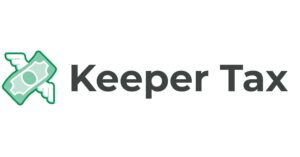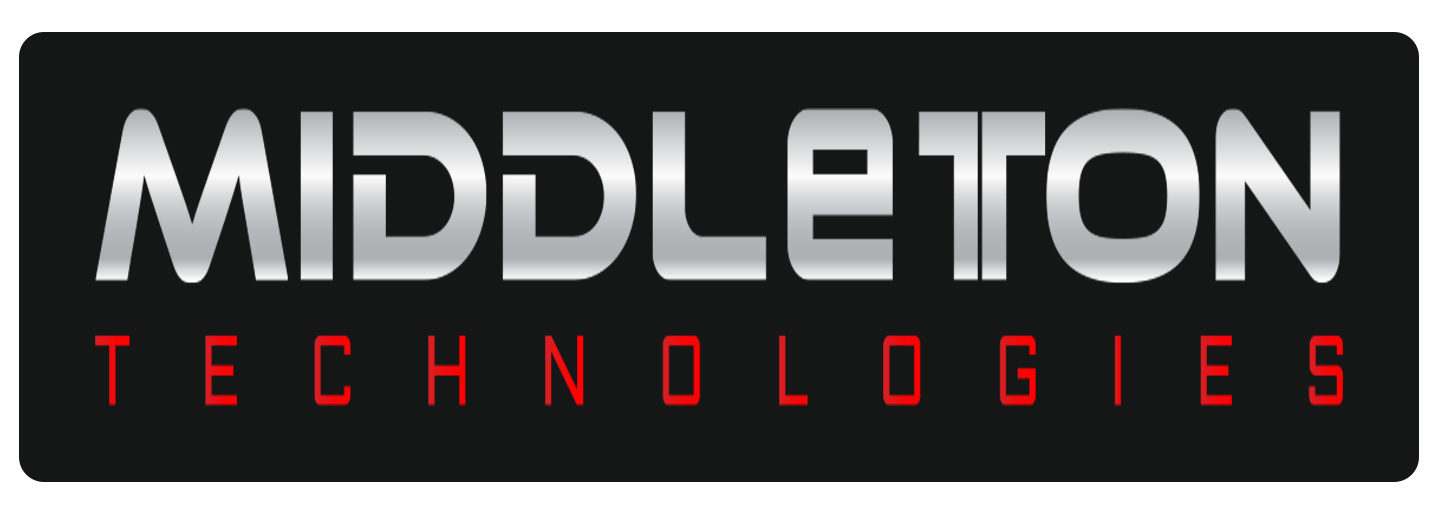
Ah, the long wait is over, 2021 is here and tax season is creeping up on us. Did you track everything you needed? What are some common write offs other drivers are using? I will get into all this detail in just a moment, but so you don’t blame me later, I highly suggest seeking out an accountant for professional advice.
Being a gig worker is very different than being an employee, as an employee all the taxes are taken directly out of your check and then at the end of the year most Americans receive a refund. But for gig workers this can also mean paying in on taxes if you didn’t track your deductions correctly.
What do we mean by deductions? Well the rule of thumb is to hold back 20% of your income for taxes, although the average household only pays about 14%. So using the rule of thumb, let’s say you made $50,000 and didn’t use any deductions, you would owe $10,000 to the IRS. This is why it is is very important to track what deductions are available to you, using the same rule of thumb and only using a mileage deduction, let’s say you drove 20,000 miles, this would give you a tax deductions of $11,500. According to the IRS you would be in a loss of $1,500, which means you would not owe any taxes and depending on your credits you could get a refund as well.
Currently the number one question on the forums right now is When will I get my 1099? According to the IRS you should start receiving your 1099’s early February as the deadline for companies to start sending them out is on January 31st. So if you haven’t received your form in the mail by mid February or received a link to download them you should reach out to each of the companies you worked for to ask them for a duplicate copy.
The second question is what deductions can I use? So I have gathered the top 6 deductions that most gig workers will use, but you will want to contact a certified public accountant to make sure they are available for your situation.
- Mileage deduction
In 2020 the standard mileage deduction allowed is $0.575 per mile. So if you drove 10,000 miles it would give you a tax deduction of $5,750 to claim. Keep in mind that you can only claim mileage OR gas/maintenance and not both. You must also have a record of this data for a certain period of time. You can find all the IRS information about mileage deduction and car use in Topics 510 Business Use of Car and 305 Recordkeeping.
- Home Office Deduction
This is one that many gig workers tend to over look, as typically you are in your car all day long. If you use part of your home for business, you may be able to deduct expenses for the business use of your home. The home office deduction is available for homeowners and renters, and applies to all types of homes. There are some requirements of course, so we suggest you read of the IRS website for Home Office Deduction.
- Internet & Phone Bill
This should be a no brainer right? You must have a phone for gig work and it must have internet or else you would not be able to do the job. But you can only deduct the portion that you use for the business, so you can’t just write off 100% of your cell phone if you are using it for other things such as calling friends or browsing the internet when you aren’t working. Best rule is to calculate how much per day you are using it for work and deduct that, so if in 24 hours you are working 12 hours each day, then you are basically using 50% of your phone for work.
- Health Insurance
Oh yes, you are reading this correctly, since you are self employed and pay for your own healthcare insurance premiums directly and are not eligible to participate in a plan through an employer or your spouse you may be able to deduct all of your health, dental and qualified long-term care insurance premiums. IRS topic 502 Medical and Dental Expenses will explain more about it.
- Business Insurance
Do you have extra insurance for ride-share or delivery services? Does your state require that you get extra permits? If so, you can deduct these premiums as well.
- Phone Applications
We have all heard it, even from us (Middleton Technologies), 100% tax deductible. This is true, all the apps created by Middleton Technologies are 100% tax deductible depending on how you file your taxes, because these apps are specifically designed for gig workers and without doing the gig job you would have no need for them. So any other apps that you purchase, pay a monthly subscription to or do not need if you were not doing the gig job may be a tax deduction.

Keeper Tax helps gig workers and creators find tax write-offs based on their everyday purchases.
The Bottom Line
The tax code is complicated, hard to navigate and often is very much longer than just a small overview website can provide. There are certainly more tax deductions than listed here and every contractor will be different on what deductions/credits they are allowed.
Remember, anytime you’re not sure if a cost is related to your business, ask yourself “Would I need this if I wasn’t working this gig job”, if the answer is no then it is most likely a tax deduction. Because if the IRS does a review that is going to be the question they ask when looking of your deductions.
If you want an easier way to keep track of what is or is not a tax deduction, we highly recommend Keeper Tax, it has been helping gig workers find tax deductions automatically and comes with a free trial. Even if you don’t keep the membership you will see what type of transactions it tracks and then you will know what you should be tracking.
And as always, highly recommend that you seek professional help with your tax returns from a certified public accountant (CPA)

